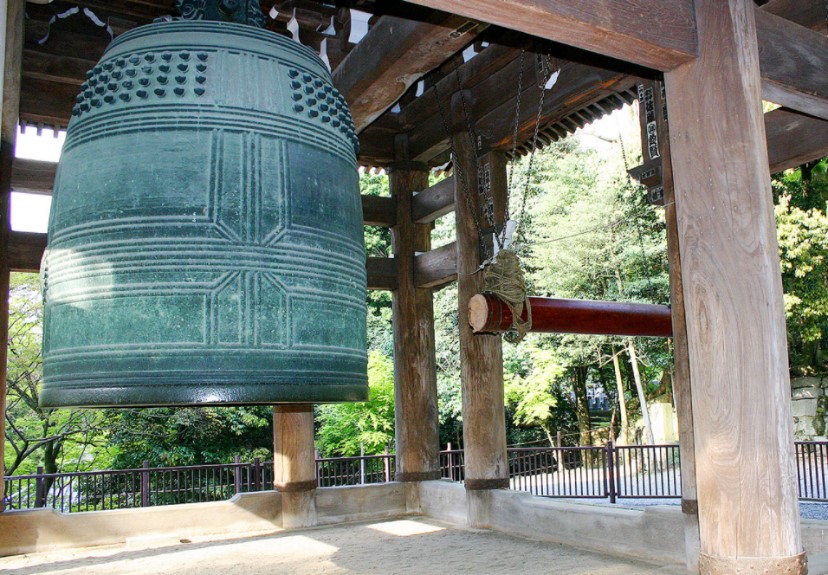“Shi to deshi” describes the relationship between a great teacher and a student who feels awe for his teacher’s abilities and follows his teachings with humility and respect. A student can learn a lot from a teacher they truly respect. However, growth will stop if the student begins to criticize or superficially serve the teacher.
Teacher and Student
The first word of the title, shi (師 – pronounced she), translates to master, but also means teacher. This is not the master of a master/slave pairing but refers to an accomplished teacher – a master teacher. The second word, deshi (弟子 – pronounced deh she), translates to disciple but also means student or adherent. Since master and disciple has a religious connotation to the Western mind, in the martial arts realm it more appropriately can be used to describe the relationship between a master teacher and his followers.
Mentor and Apprentice
Watanabe Shōichi was an English scholar, university professor, and one of Japan’s foremost cultural critics. He was also advisor for the popular Japanese monthly magazine, Chichi (致知), a magazine of “philosophical anthropology” with essay topics that concern the nature of man and the human condition.
Watanabe Shōichi was often heard to claim that learning and training are different. Learning about a technique is not the same as drilling on a skill until it becomes part of you. IT is the Responsibility of the Student
A Teacher Is Like a Bell
In karate we have two words to describe the role of teacher. The first of these is sensei. A person referred to as sensei in Japan commands respect. It is used to address teachers, doctors or lawyers, as well as karate instructors. Above sensei we have shihan (師範), meaning “master example.”
Watanabe Shōichi has said that “a teacher is like a bell. The loud and small sounds depend on the power of the person who draws it.”
A Japanese Temple Bell
A Japanese temple bell is struck by pulling back a heavy log suspended at the side of the bell. No matter how full of potential sound the bell is, it takes a great deal of effort to make the bell ring. The stronger the pull the louder the bell will ring. The melodic tones and overtones reverberate long after the bell was struck.

Master and Disciple
Shi to Deshi (師 と 弟子)
Chichi (致知), July, 2017